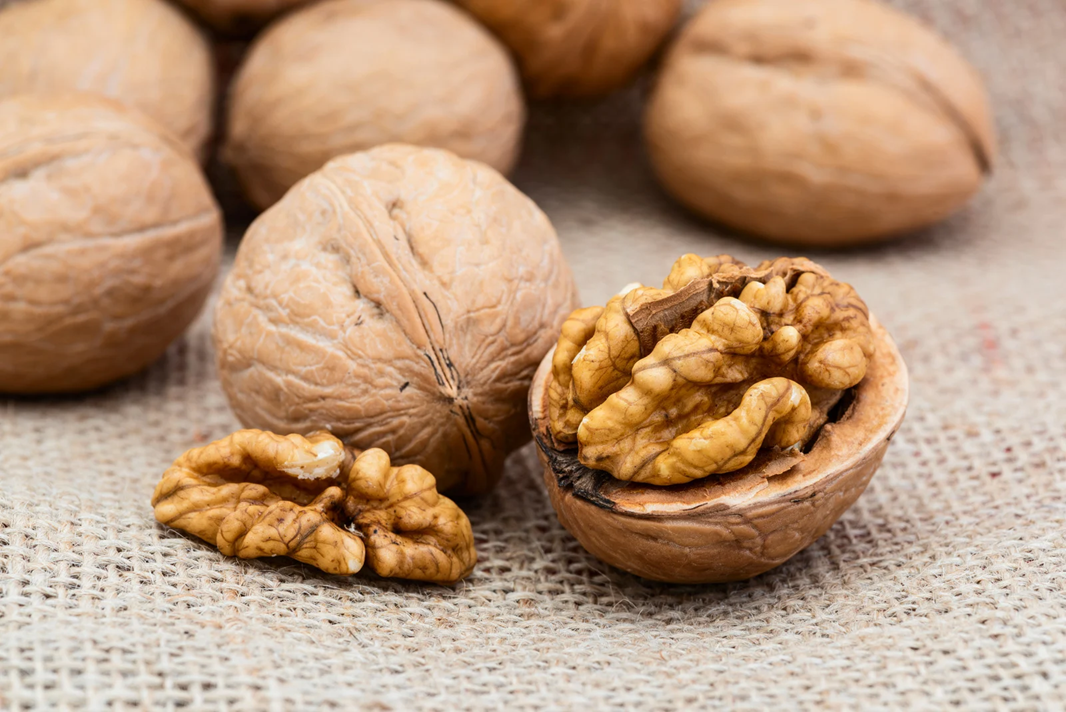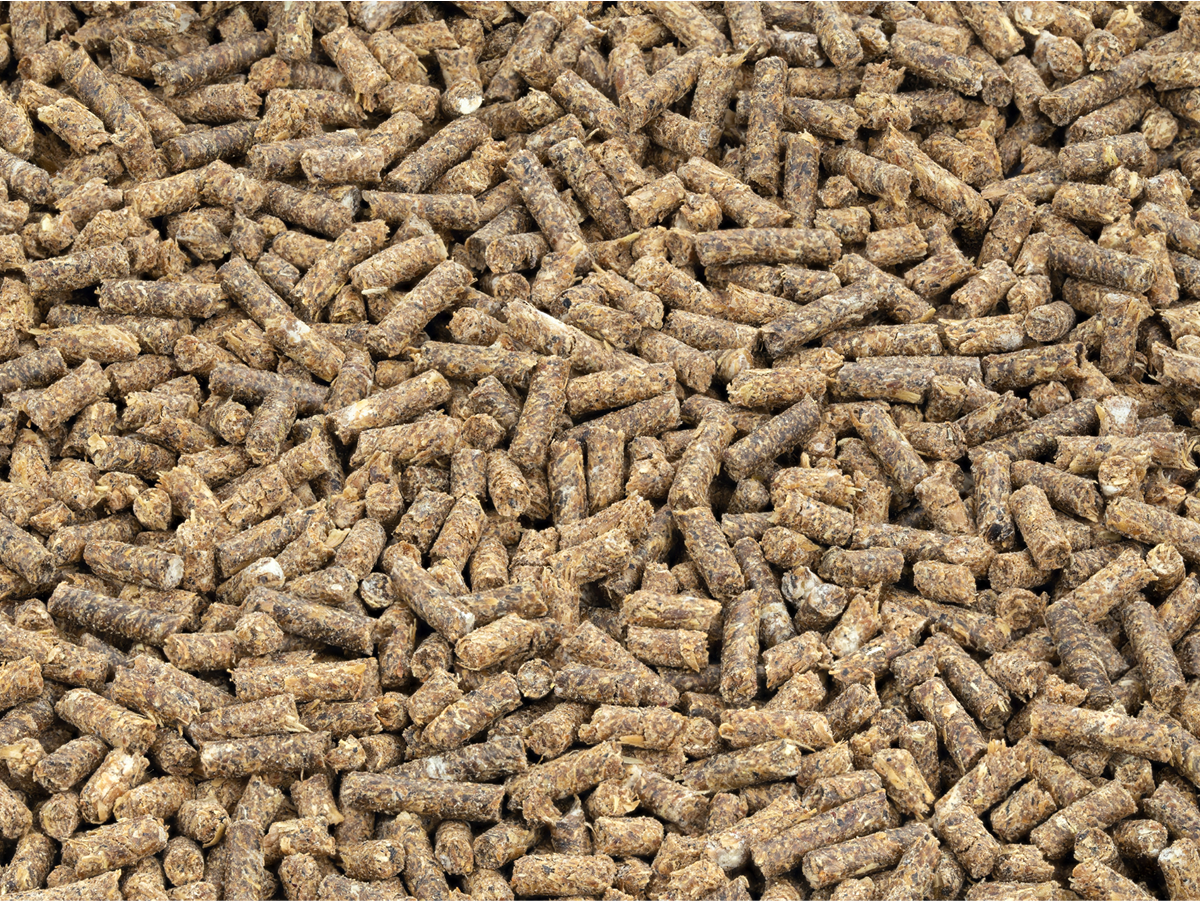
News Summary
Edited by Binding Protein Hub: Dr. Everardo Rodriguez-Rodriguez, Research Scientist
In a remote corner of southern China lies Jiaoling, a place famous for its extraordinary number of centenarians. Curious about what keeps these people thriving well past 100, scientists turned their attention to an often overlooked yet crucial part of the body: the gut.
In a 2025 study, Wu and collegues collected samples from 224 residents spanning ages 20 to 110 and found a striking pattern. The centenarians carried a far richer and more balanced community of gut microbes than younger people, with high levels of helpful species like Lactobacillus, Akkermansia, and Christensenella. A rich microbiome is known to be more stable and better at fending off harmful bacteria, and the centenarians’ blood also brimmed with antioxidant compounds that help protect cells from damage over time, consistent with an anti-aging profile.
Crucially, the team didn’t just look at which microbes were present, but also what those microbes were producing. These microbial products, called metabolites, are the actual chemical messengers that interact with our bodies, shaping immunity, reducing inflammation, and influencing how our cells handle stress. The centenarians had far more of these protective metabolites circulating in their blood, hinting that the activity of their microbes might be just as important as the types of microbes themselves.
Digging deeper, the team isolated a standout bacterial strain from these long-lived guts called Lactobacillus plantarum 124 (LP124). When they gave it to aging mice, the results were remarkable. LP124 produced a molecule called mesaconic acid, which lowered levels of inflammatory signals linked to chronic disease, boosted the animals’ natural antioxidant defenses, and helped maintain the integrity of the gut lining. In other words, their tissues stayed healthier, and their gut microbiota became more diverse and balanced, reducing the abundance of harmful pathogens.
The findings suggest that the secret to Jiaoling’s longevity may lie in the unique gut microbiota living inside its oldest residents. Although aging is often linked to a loss of beneficial microbes, these centenarians showed higher stable diversity and an enrichment of helpful microbiota. Some of these microbes produce metabolites like mesaconic acid that calm inflammation, reduce cellular stress, and protect the gut barrier by preserving the body’s resilience well into old age. It hints at a future where carefully selected gut bacteria and their beneficial metabolites could be used to help people everywhere stay healthier for longer.
This study underscores the central role of a healthy gut in healthy aging; a valuable next step is to examine the diets and social environments of these centenarians to understand how lifestyle supports their microbiome and longevity.


.png)

